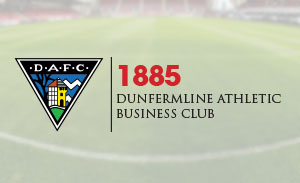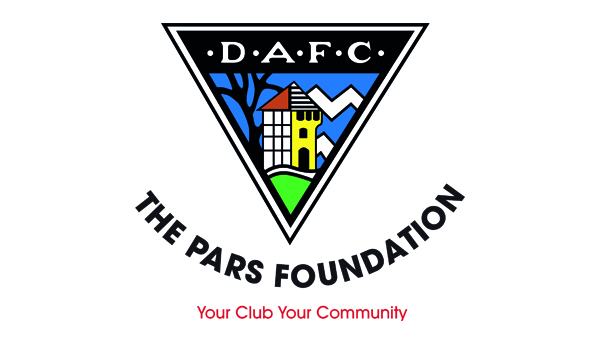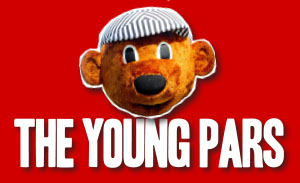George McKimmie (19.07.51 - 19.10.16)
Tuesday, 25th Oct 2016Former Pars midfielder George McKimmie died suddenly at his home in South Africa on 19th October.
Born in Dundee on 19th July 1951, George was a defender as a schoolboy but was moved into the forward line after joining local junior club Dundee Violet. He quickly attracted senior attention after scoring fifteen goals in as many matches and was training regularly with Dundee. But in the late 1960s, Dunfermline Athletic was on the crest of a wave. Riding high in the league, Scottish Cup winners and considered at the time to be one of the best performing teams in the UK in European football, the club was also planning for the future with a youth set up that was the envy of many bigger clubs. So while it might be considered inconceivable these days, Pars manager George Farm was able to convince George to leave his hometown and sign for Dunfermline Athletic.
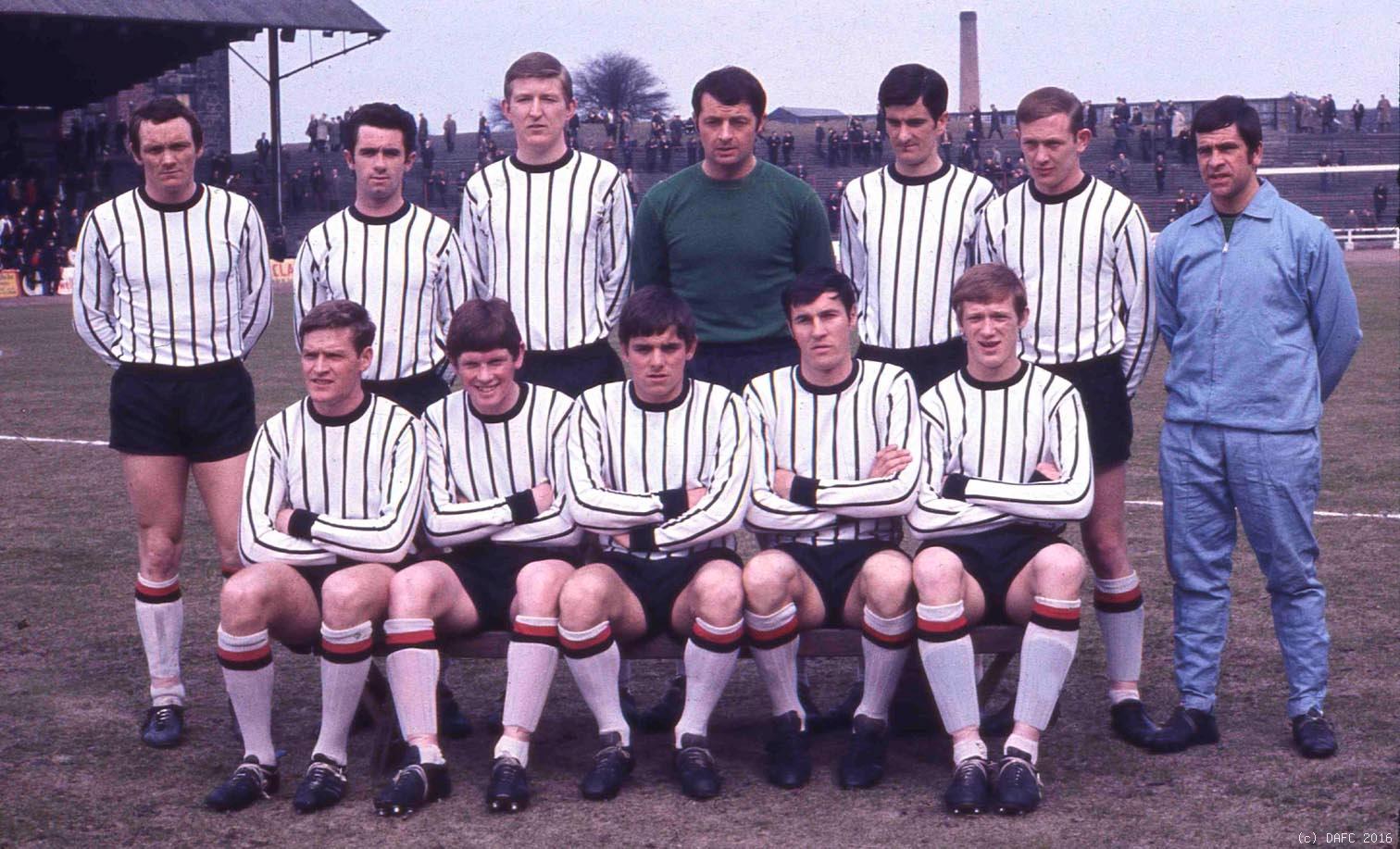
Just before the 1968 Scottish Cup Final George turned in a very impressive performance as a trialist in a reserve match against Hearts and was signed just two days after Dunfermline`s victory at Hampden Park. He began full-time training at the start of the 1968/69 season but, after scoring the winner against Dundee United reserves in his first match for the Pars, it was found that he had broken a bone in his thumb. This didn`t hinder his progress for long as he made his first-team debut on 2nd October 1968 in the European Cup-Winners` Cup tie against Apoel in Cyprus, aged just 17. He came on as a substitute for Hugh Robertson, with whom he travelled to East End from Dundee every day.
With Bert Paton, Pat Gardner and Ian Lister unavailable, George made his league debut in a 2-2 draw at Aberdeen on 24th March 1969. The following month, in what was only his fourth appearance for the first team, he replaced Barrie Mitchell in the second leg of the European Cup-Winners’ Cup semi-final against Slovan Bratislava. We don’t know the answer to this but we suspect that there aren’t too many players who have played in a major European semi-final aged 17.
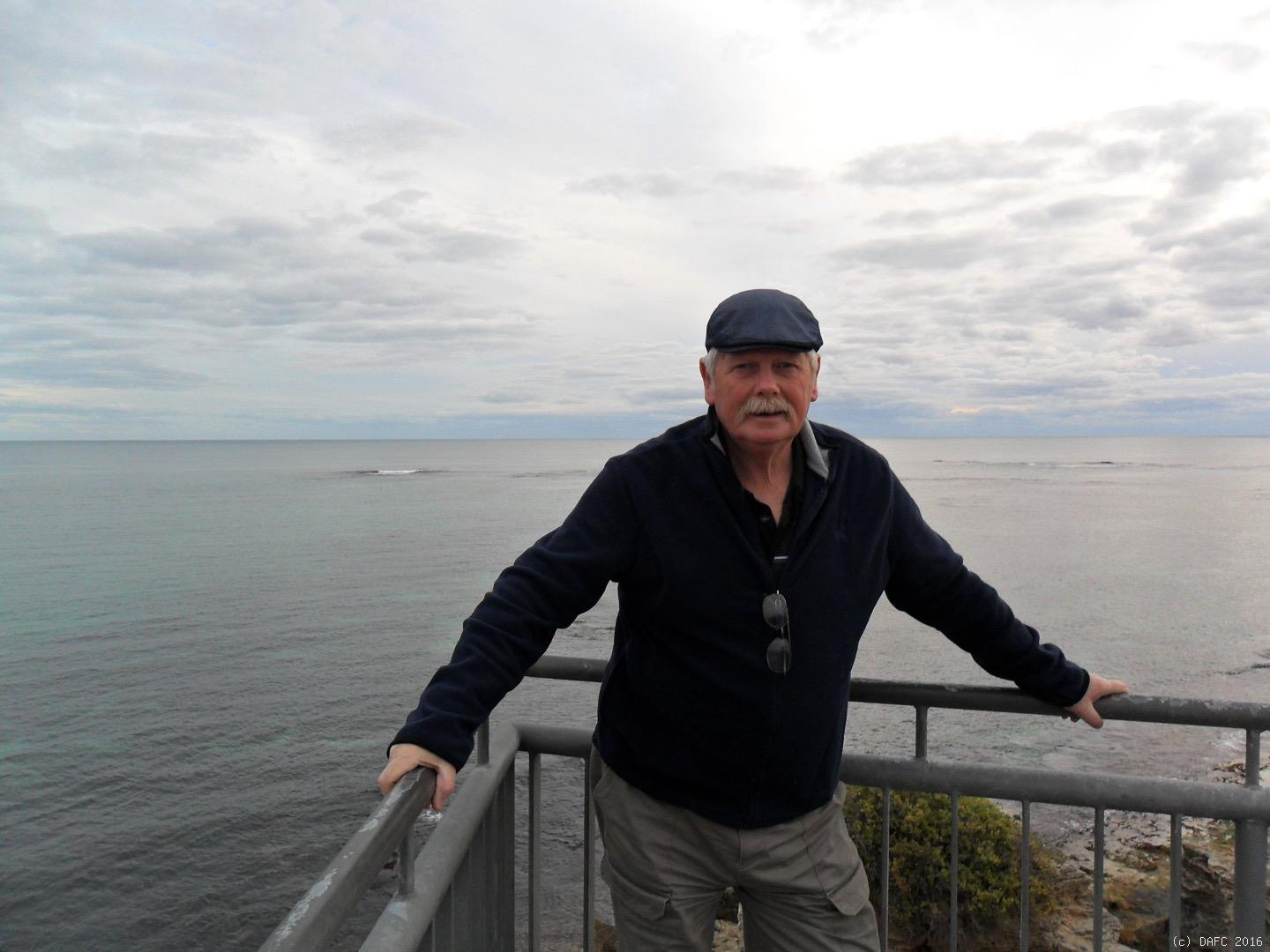
Despite making his first start in Europe as Gwardia Varsovie were beaten 2-1 at East End, in 1969/70 he was mainly restricted to the reserves. But he did do Dunfermline another big European favour that season. Dunfermline were about to play top Belgian club Anderlecht in the third round of the Inter-Cities Fairs Cup in December 1969. However, on the way to Edinburgh Airport to catch the flight to Brussels, the car carrying four of Dunfermline’s most prominent players - George McLean, Hugh Robertson, Dave McNicoll and John Arrol – broke down. Thankfully George was on hand to prevent a calamity and rescued the stranded foursome in the nick of time.
Still just eighteen, George was used sparingly in the first team but he did shine in Dunfermline’s young and very talented Reserve team. His goals played a large part in the team reaching the League Cup Final, losing 6-5 on aggregate to Celtic`s famed “Quality Street Kids”. Dunfermline also reached the semi-final of the Second XI Cup only to be defeated 3-1 by Rangers. It was George who scored Dunfermline’s goal. His performances persuaded George Farm to play him from the start in four successive league matches as the season drew to a close and with Dunfermline winning four of their last six matches the future looked bright.
He was given another run of games at the beginning of 1970/71, scoring his one and only goal in a 4-1 League Cup defeat by Rangers at Ibrox. He was also given a start in the glamorous Texaco Cup tie against Tottenham Hotspur at White Hart Lane. Many people expected George to make the breakthrough but the sacking of George Farm brought his career at East End to a juddering halt. After a long period out of the team, he returned as a midfielder in a 2-0 league defeat at Ibrox on 13th March 1971, a match that proved to be his last for the Pars.
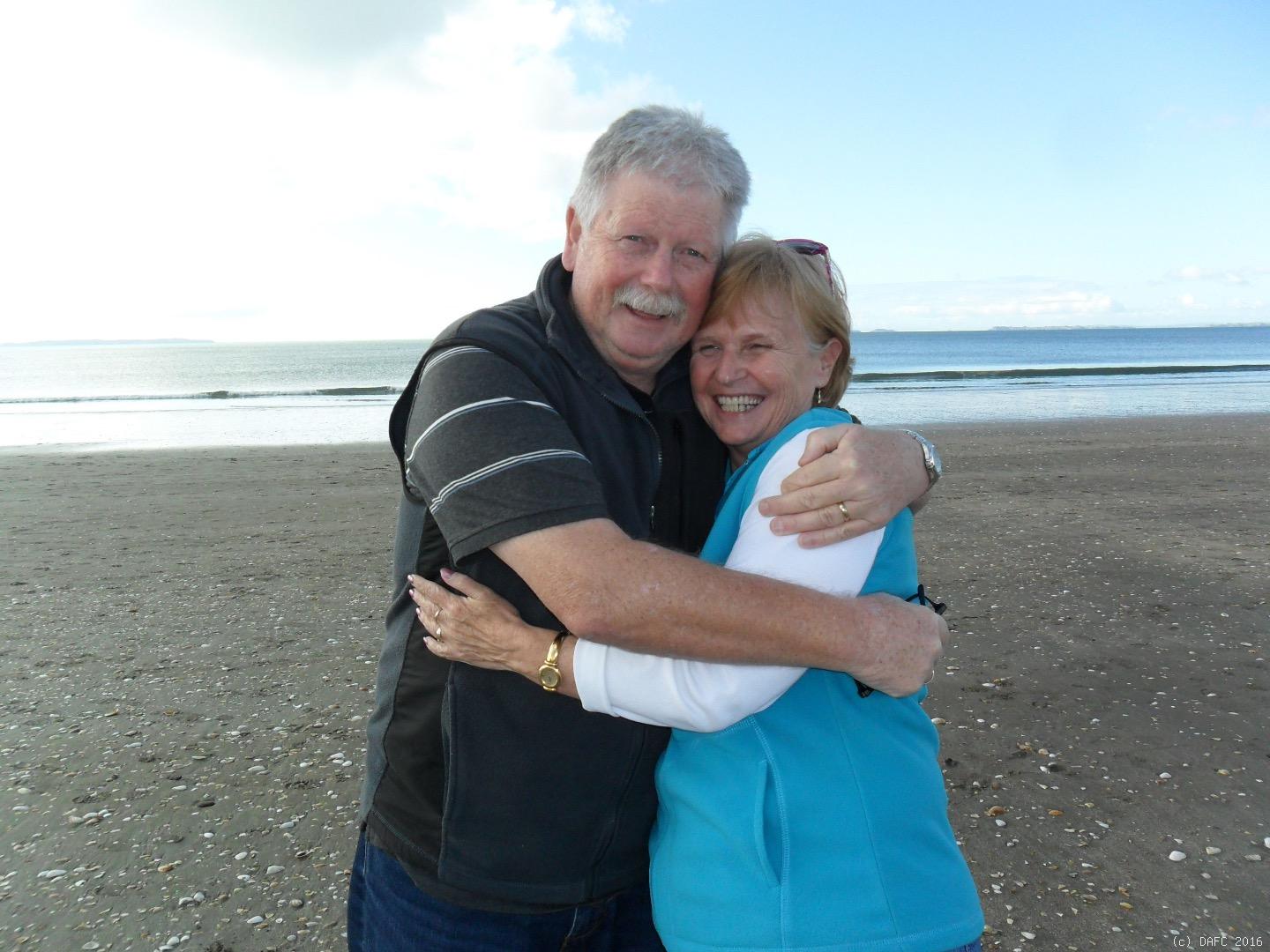
He did not appear to be part of new manager Alex Wright`s plans and was freed at the end of the season. But by then George had other plans in any case and he and his young family emigrated to South Africa. On 22nd May 1971 his transfer from Dunfermline to the Highlands Park club in Johannesburg was completed.
Many footballers try out football in other countries but find it not to their liking and they move back to Scotland. But that didn’t happen in George’s case, not that football had much to do with the decision. George’s career with Highlands Park didn’t last long but George was quite definitely hooked on South Africa. As his son Steven told us, “he loved South Africa – he loved the climate and he had a good life there.” So George hung up his boots and initially worked in an office before deciding to take on an apprenticeship as a fitter. He moved from Johannesburg to Vanderbijlpark to work in the ISCOR steel factory there. George’s love of football continued despite him not playing and he was involved in coaching a number of teams including the school team that son Steven was in. He also managed a team for a while but latterly his love was of golf.
Perhaps football was never going to be George’s career, although some of his contemporaries like legends Roy Barry and Jim Leishman who remember him as a young player might tell us that he certainly had the potential. Instead though George opted for a happy family life in a different place and he certainly succeeded in that ambition.
George retired six years ago and was a fit and healthy man but very sadly the end came quickly and unexpectedly when he suffered a heart attack on 19th October.
George is survived by his wife Margaret, his three children Susan, Karen and Steven and his three grandchildren Kelly, Megan and Jorja. Our thoughts are with the family at this sad time.
George McKimmie’s funeral takes place in South Africa on Tuesday 25th October.
Views : 10,358

